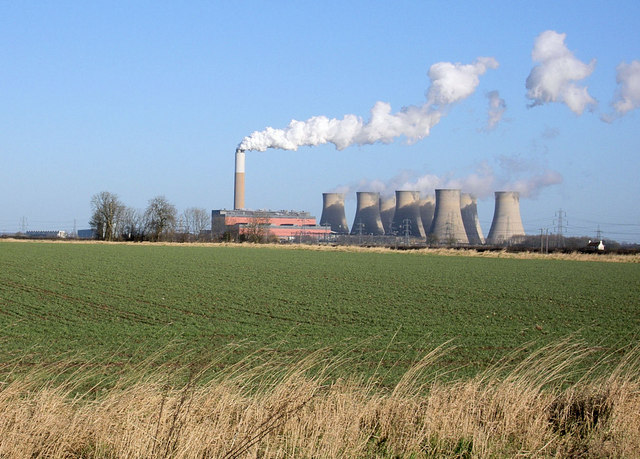
Millions of households across Britain will face higher energy bills from January as Ofgem, the UK energy regulator, announced a 1.2% increase in its domestic price cap. The adjustment reflects
ongoing volatility in wholesale energy markets, which continues to keep prices elevated.
Though the increase is modest, it comes amid growing concerns about the cost of living. Inflation in the UK recently surged above the Bank of England's 2% target, driven largely by a 10% rise in the energy price cap in October. This latest hike is likely to exacerbate financial pressures for many households.
Energy Secretary Ed Miliband acknowledged the challenges this rise presents for families already struggling with the cost of living. He emphasized that the government is working to reduce the UK’s dependence on global fossil fuel markets to help lower energy prices in the long term.
Wholesale gas and power prices remain a key factor in Ofgem’s price cap formula. This year, prices have stayed high due to geopolitical tensions, including the conflict in the Middle East and disruptions to European gas supplies from Russia via Ukraine, which are expected to end entirely by the year's close.
Under the new cap, average annual bills for combined electricity and gas usage will increase to £1,738, up £21 from the previous cap of £1,717.
Consumer advocates have raised alarms over the affordability of energy bills for many households, particularly as government support for pensioners has shifted to a means-tested system. Critics argue that this change could leave millions without adequate assistance during the colder months.
Simon Francis, coordinator of the End Fuel Poverty Coalition, stressed the urgency of additional measures. “It is vital that ministers provide more support for vulnerable households this winter and accelerate plans to introduce a social tariff for next winter,” he said.
In response to the criticism, Miliband highlighted the government’s efforts, including the Warm Home Discount program, which will support three million households this winter. He also noted that the government is working closely with energy suppliers to ensure assistance is available for those in need.
Currently, around 26 million customers are on standard rate tariffs protected by the price cap. Introduced in 2019, the cap was designed to shield consumers from excessive price increases in the energy market.
As the cost of energy continues to rise, the spotlight remains on the government to deliver targeted support and implement long-term strategies to make energy more affordable for British households. Photo by Steve Fareham / Energy field / CC BY-SA 2.0, Wikimedia commons.


































